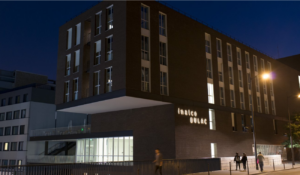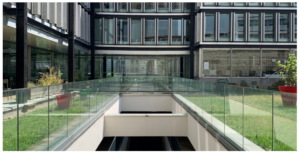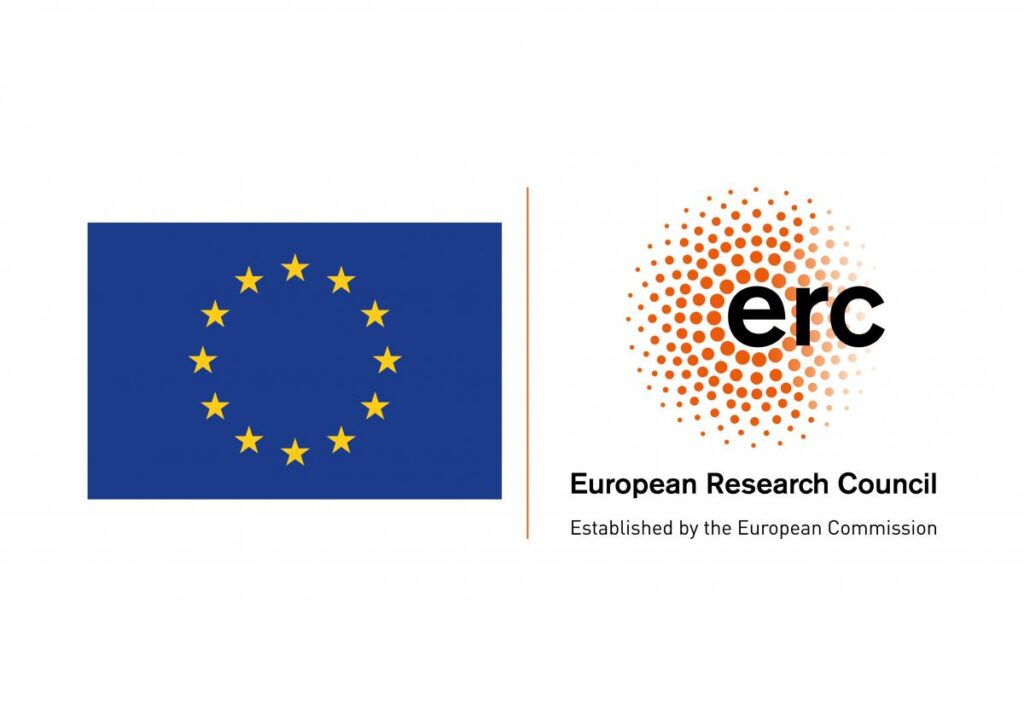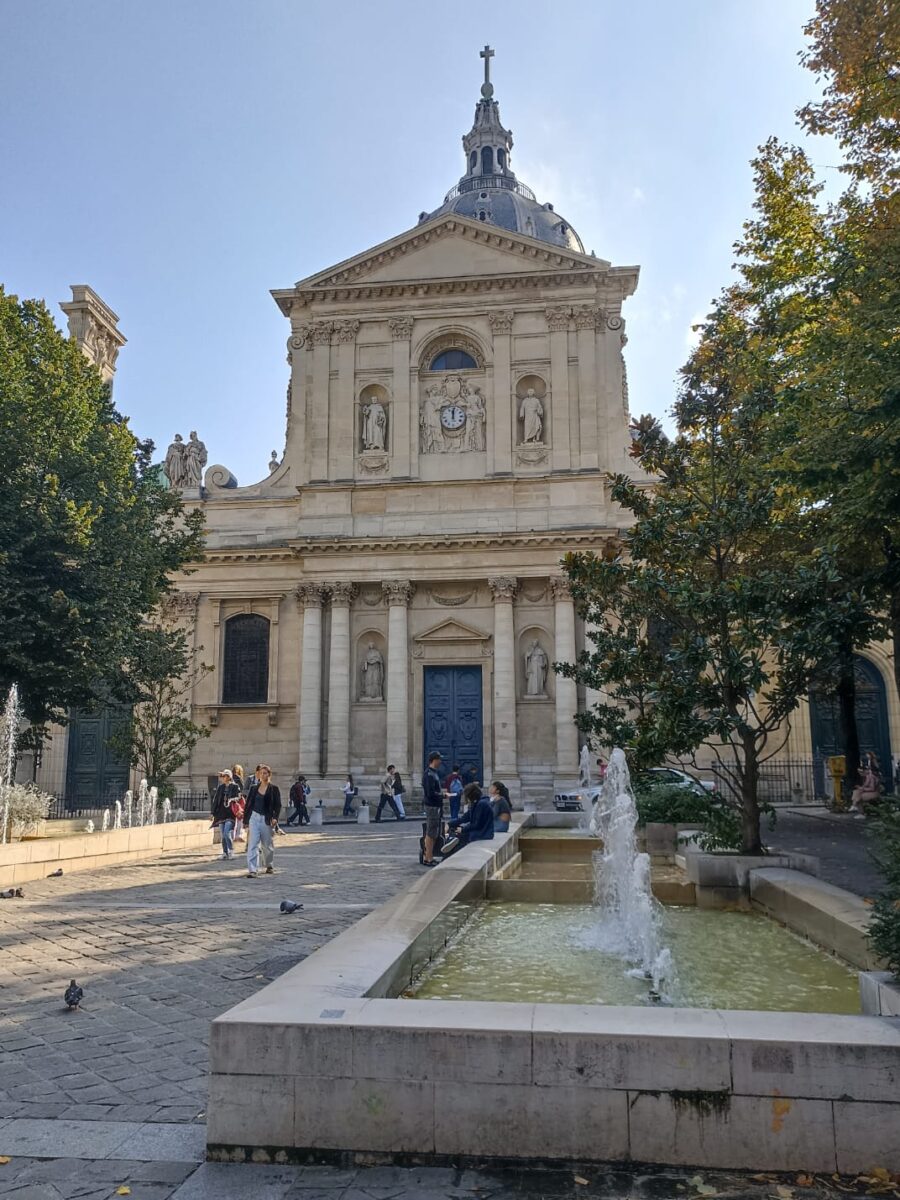Recently, our postdoctoral researcher, Noëmie Lucas, spent a few days in Paris for research, visiting the BULAC library and meeting with colleagues. Every researcher knows how isolating research can be—endless days in libraries sifting through sources, archives, and books, or hours spent staring at a computer screen reading and writing. Fortunately, funded projects, like those supported by the ERC, enable us to work as part of a team, sharing thoughts, doubts, and questions during daily or weekly group meetings. Moreover, these grants allow us to travel, meet fellow scholars, and access resources unavailable at our home institutions.
During my time in Paris, I visited the BULAC library (Bibliothèque Universitaire des Langues et Civilisations), which is dedicated to building a rich collection of global publications across diverse languages. BULAC’s collections cover regions including the Balkans, Central and Eastern Europe, the Maghreb, the Near and Middle East, Central Asia, Africa, and Latin America. The library seeks to foster a deeper understanding of these regions’ cultures through its extensive holdings in linguistics, literature, history, and the humanities. After the BnF, it houses the second-largest collection of Arabic manuscripts, alongside a vast array of sources crucial for scholars in Islamic and Middle Eastern Studies.

Grégoire Maisonneuve / BULAC
Much of my research trip was spent engaging in productive discussions with colleagues, whose expertise helped refine my work. While virtual meetings allow for collaboration across distances, there’s something irreplaceable about in-person conversations. These face-to-face interactions often lead to more fluid discussions and significant breakthroughs.
I had the privilege of meeting with experts like Mathieu Tillier, Naïm Vanthieghem, and Annliese Nef to discuss my ongoing research and the book I’m working on. I also seized the opportunity to delve deeper into comparative perspectives between Egypt’s fiscal history and other regions of the Islamic empire. This led me to a fruitful meeting with Mathilde Boudier, a lecturer in Islamic history with a focus on the Melkites in Bilad al-Sham during the early Islamic period.

One of the highlights of my trip was attending a Habilitation à diriger des recherches defense—a pivotal French academic exercise that grants senior scholars the qualification to supervise PhD students. The defense of Elise Voguet, who specializes in the rural history of the medieval Maghreb through legal documentation (nawāzil), was particularly insightful for my comparative research. The three-hour defense provided a detailed exploration of a region with a very different relationship to central authority than Egypt, enriching my understanding of the complex connections between taxation and economy.




Leave a Reply